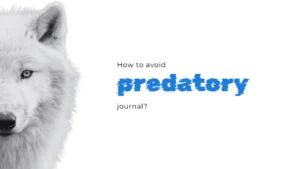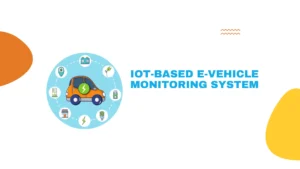We have previously discussed how to avoid plagiarism. However, why should we pay so much attention to plagiarism? In this article, we will get to know more about the definition and penalties for plagiarism.
Definition of plagiarism according to several sources:
According to the Kamus Besar Bahasa Indonesia
“Plagiarism is the taking of another person’s essay (opinion, etc.) and making it as if it were one’s own.”
According to the Ministry of National Education Regulation of the Republic of Indonesia No. 17 of 2010, it states that:
“Plagiarism is the intentional or unintentional act of obtaining or attempting to obtain credit or a grade for a scientific work, by quoting part or all of the work and or scientific work of another party recognized as his scientific work, without properly and adequately stating the source.”
According to the Oxford American Dictionary in Clabaugh (2001), plagiarism is:
“To take and use another person’s ideas or writing or inventions as one’s own.”
Why does plagiarism occur?
Without us realizing it, there are often acts of plagiarism around us. Some of the reasons people commit acts of plagiarism are as follows:
- Lack of willingness to read and analyze references.
- Lack of information and learning about plagiarism.
- Limited research time, causing people to copy-paste.
- Lack of understanding of how and when to do citations.
Types of Plagiarism
Here are some explanations of the types of plagiarism according to Soelistyo (2011):
- Word-for-word plagiarism. The author uses another author’s words (exactly) without mentioning the source.
- Plagiarism of source. The author uses someone else’s ideas without giving sufficient acknowledgment (without clearly citing the source).
- Plagiarism of Authorship. The author acknowledges the authorship of another person’s written work.
- Self-Plagiarism. This includes authors publishing one article in more than one publication and recycling scientific papers. What is important in self-plagiarism is that the new work must have significant changes when taking one’s own work. This means the old work is a small part of the new work produced. So that the reader will get something new, which the author poured into the paper that uses the old work.
Scope of Plagiarism
Scope that can be categorized as an act of plagiarism:
- Using other people’s ideas, theories, or views without attributing the source.
- Quoting other people’s words or sentences without citing the source.
- It is recognizing others’ work as one’s own.
- Paraphrasing without citing the source.
- Using other people’s data or information without citing the source.
Plagiarism Penalties
In Indonesia in particular, regulations have been made regarding violations of plagiarism:
- The Constitution No. 20 of 2003 concerning the National Education System Pasal 25 Ayat 2 and Pasal 70 regulate penalties for people who commit plagiarism, especially those that occur in the academic environment. The sanctions are as follows:
- Pasal 25, Ayat 2: University graduates whose scientific works are used to obtain academic, professional, or vocational degrees are proven to be plagiarized and have their degrees revoked.
- Pasal 70: University graduates whose scientific works are used to obtain academic, professional, or vocational degrees are proven to be plagiarized and have their degrees revoked.
- Peraturan Menteri No. 17, year 2010 has regulated sanctions for students who commit acts of plagiarism. If proven to commit plagiarism, a student will receive the following sanctions:
- Reprimand
- Written warning
- Postponement of granting some student rights
- Revocation of grades
- Honor dismissal from status as a student
- Non-honorable dismissal from status as a student
- Revocation of diploma if already graduated from the education process.
by: Y. Rahmawati, Editor: I. Busthomi





